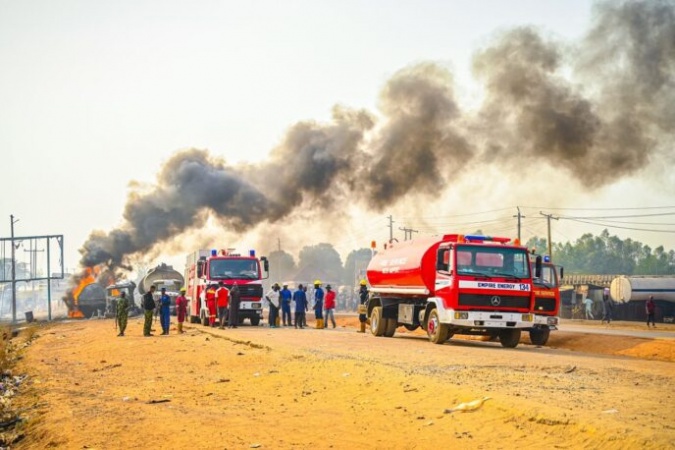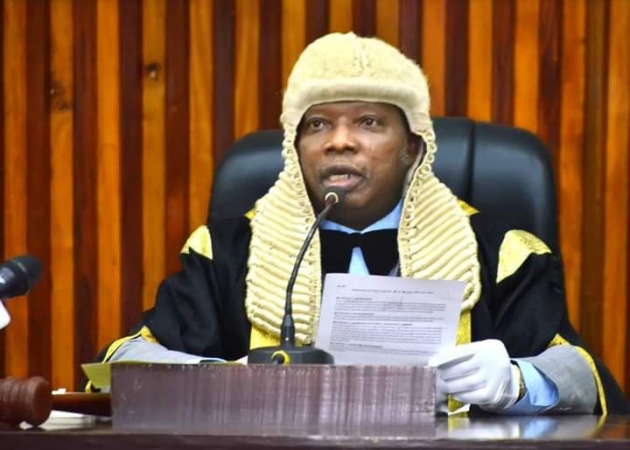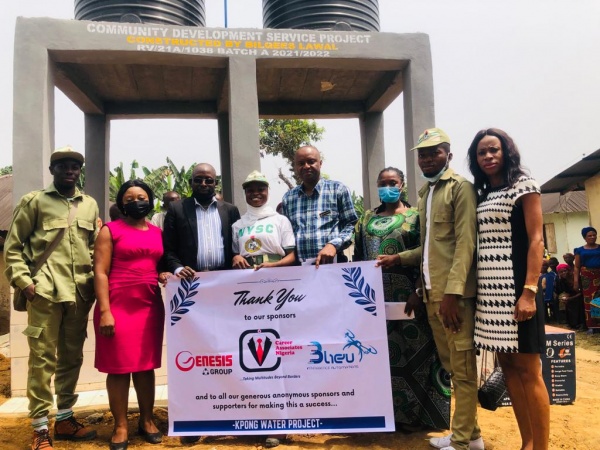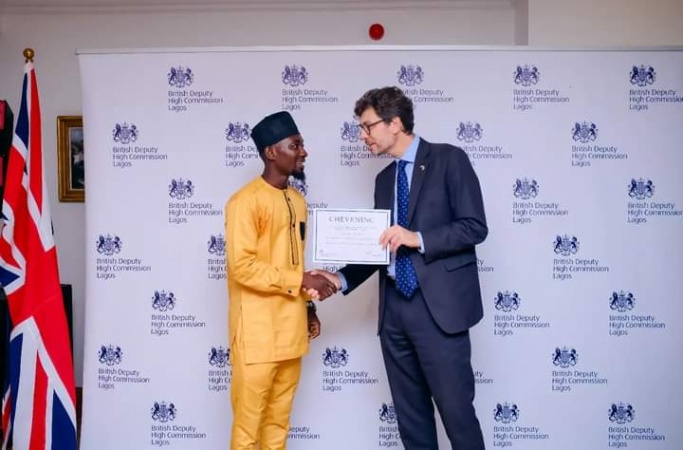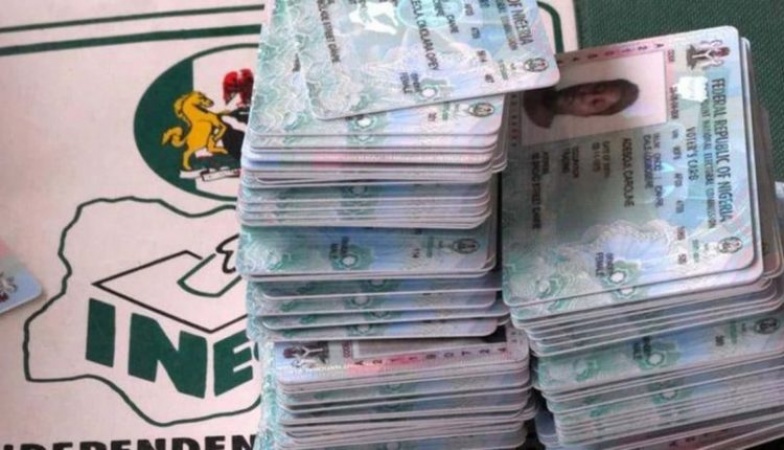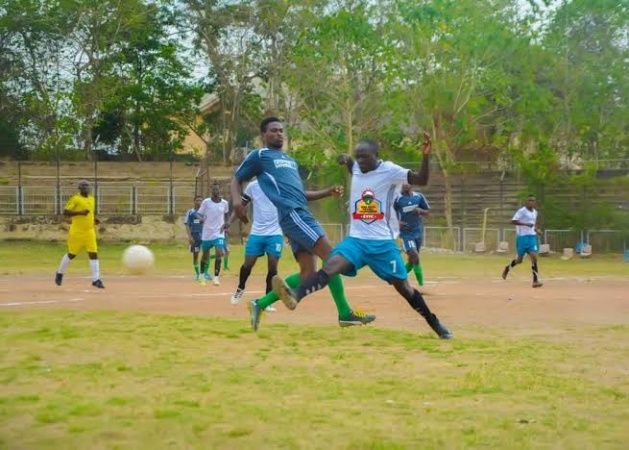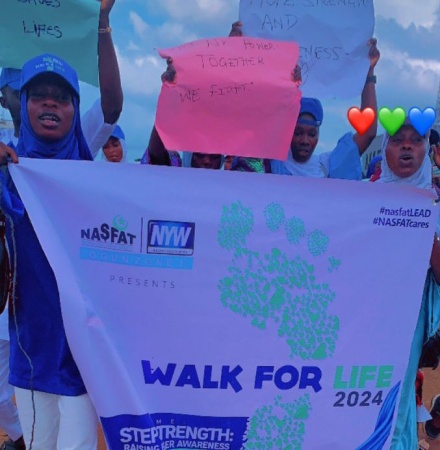What you should know about June12
Posted by Ahmed Iyanda | 4 years ago | 1,406 times
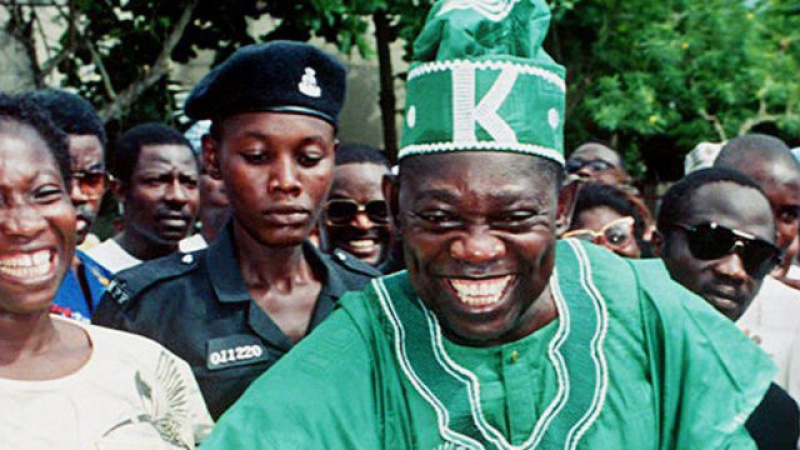
Nigeria's President Muhammadu Buhari brought the fresh memories of the June 12 1993 Presidential elections, by conferring on the presumed winner of the election MKO Abiola Nigeria's highest national honours. The President also declared this day as a Democracy Day and a public holiday.
There are many historical facts and actualities that every Nigerian must know, as far as Nigeria politics and Nigeria are concerned.
In March 1993, Chief MKO Abiola, from Ogun state, was chosen by the Social Democratic Party (SDP) as its candidate after beating his eventual running mate Ambassador Babagana Kingibe, and Alhaji Atiku Abubakar. The National Republican Convention (NRC) chose Bashir Tofa from Kano State.
Abiola’s wife Simbiat Abiola had kicked against the idea of him going into politics. But after her death in late 1992, MKO saw the opportunity to fulfil his ambition. MKO Abiola became a rallying figure for many Nigerians with his ‘Hope’ campaign, as his June 12 campaign slogan ‘HOPE’ was later used by former United States president, Barack Obama in his 2008 election campaigns in America.
June 12, 1993, presidential election was declared Nigeria’s freest and fairest presidential election by national and international observers, with Abiola even winning in his Northern opponent’s home state.
The results of the election have never been officially certified. However, African Elections Database says Abiola won with 8,243,209 votes while Tofa polled 5,982,087 votes.
Abiola is thought to have won majority votes in 20 of the then 30 states in Nigeria, thereby securing the constitutionally required tally to be declared a winner. But that did not happen.
The result of the election was annulled by the then military head of state Ibrahim Babangida because of alleged electoral malpractices in all states of the federation. “There was, in fact, a huge array of electoral malpractices virtually in all the states of the federation before the actual voting began,” Babangida said in a nationwide broadcast on June 23, 1993.
When Babangida annulled the presidential primaries of SDP & NRC, he also banned Abiola and Tofa from contesting in the rescheduled election. He subsequently ‘stepped aside’ on August 27, 1993, paving the way for an interim national government headed by Ernest Shonekan, who like Abiola is an indigene of Ogun State. The interim government was later overthrown in November of that year by General Sani Abacha.
On June 11, 1994, Abiola declared himself as the president of Nigeria at Epetedo, Lagos. “As of now, from this moment, a new Government of National Unity is in power throughout the length and breadth of the Federal Republic of Nigeria, led by me, Bashorun M.K.O. Abiola, as President and Commander-in-Chief.”
After declaring himself president he was declared wanted and was accused of treason and arrested on the orders of the military head of state General Sani Abacha, who sent 200 police vehicles to bring him into custody.
He was arrested on June 23, 1994.
Abiola was detained for four years, largely in solitary confinement. Apart from a Bible and Qur’an, he had no source of information.
Abiola died on July 7, 1998, the day he was supposed to be freed from detention.
